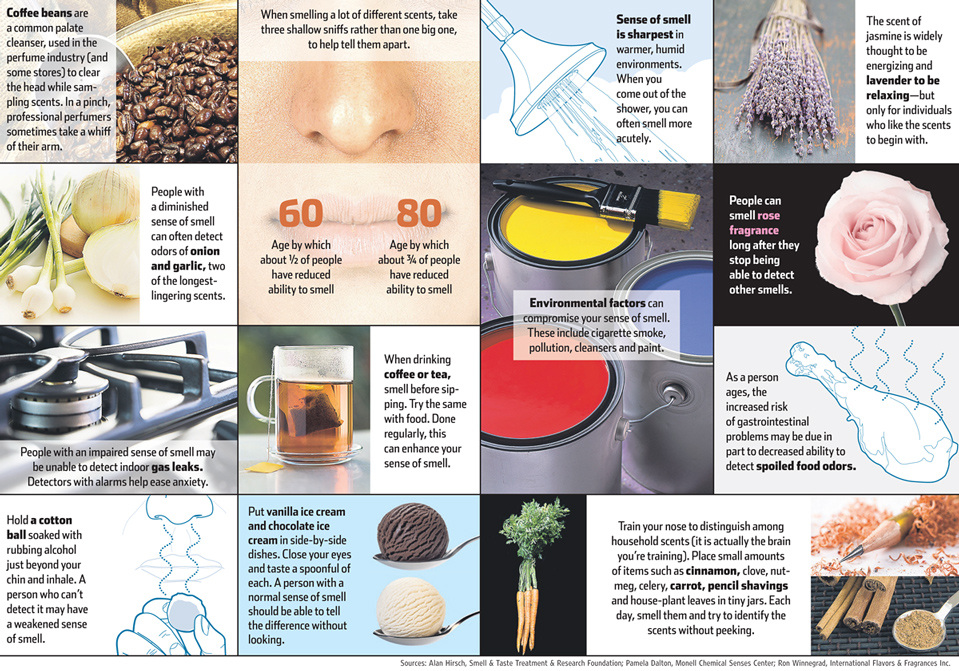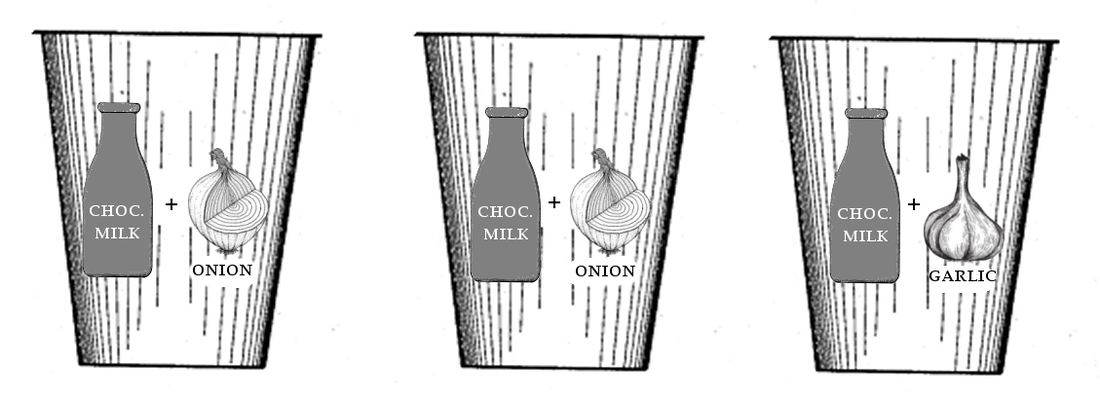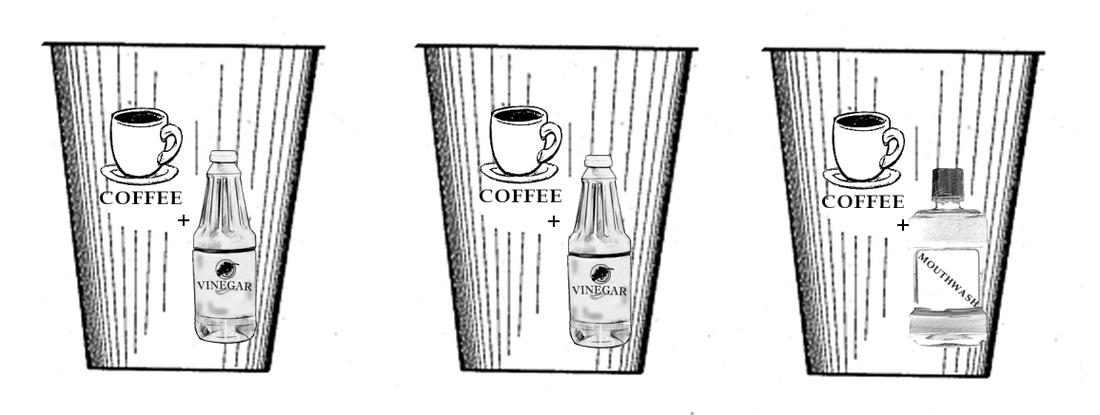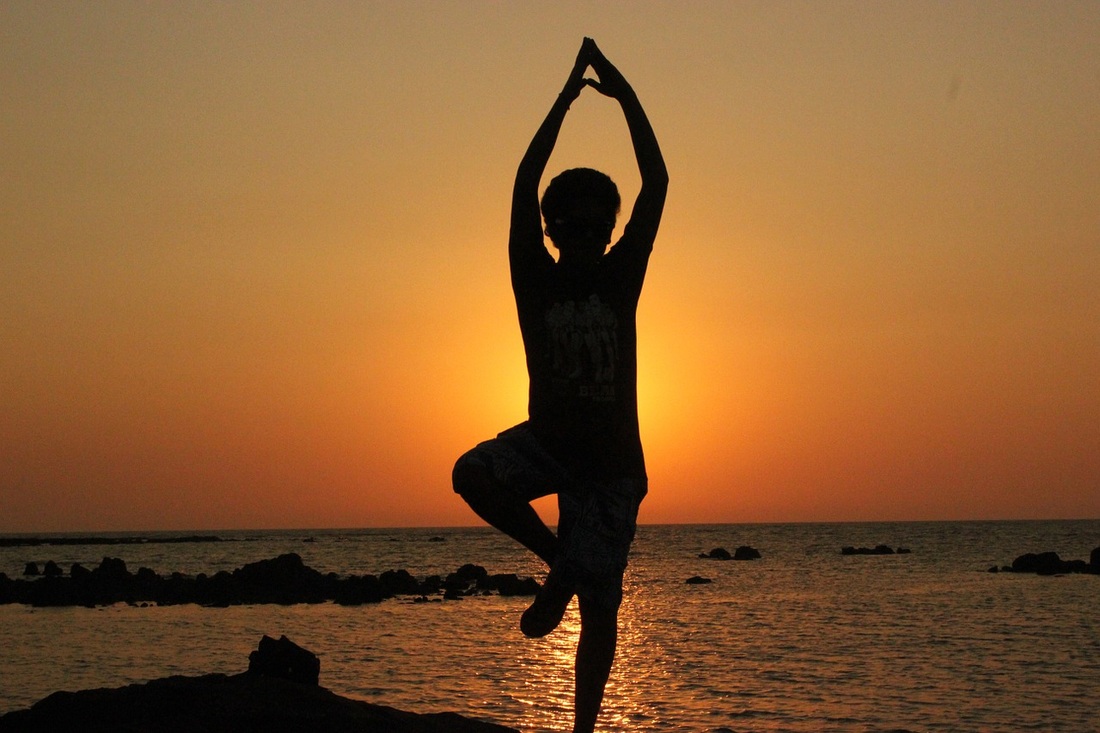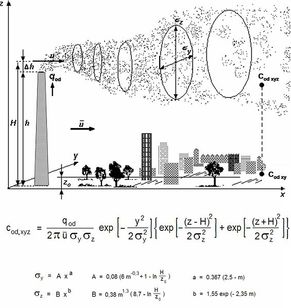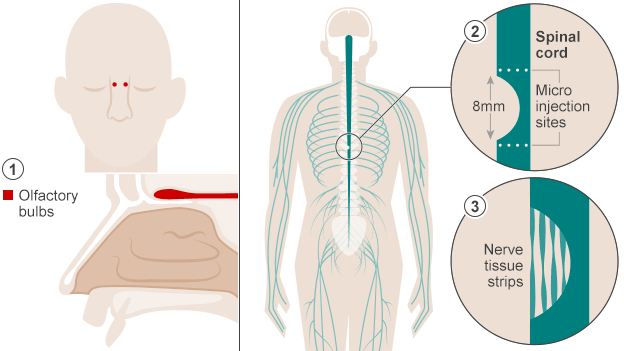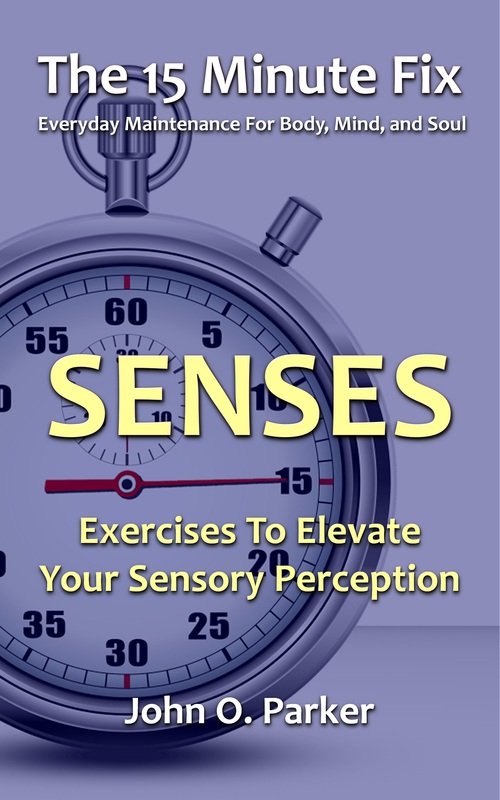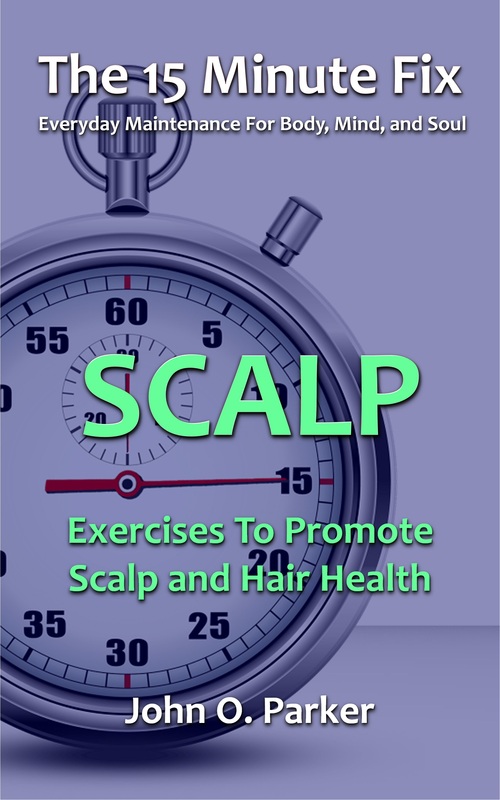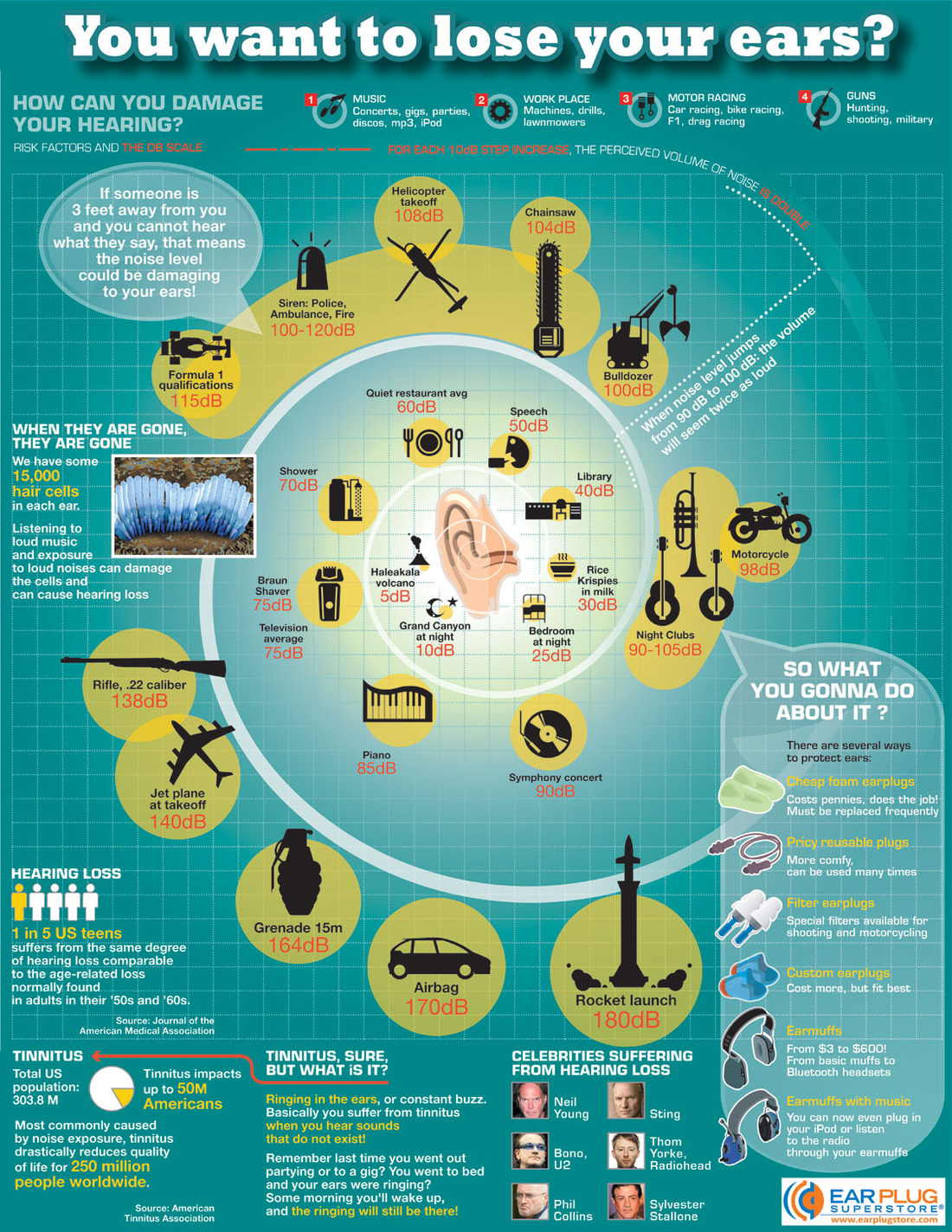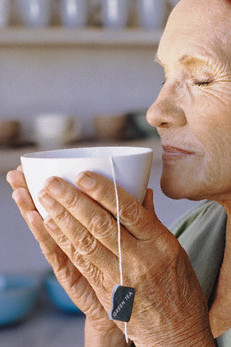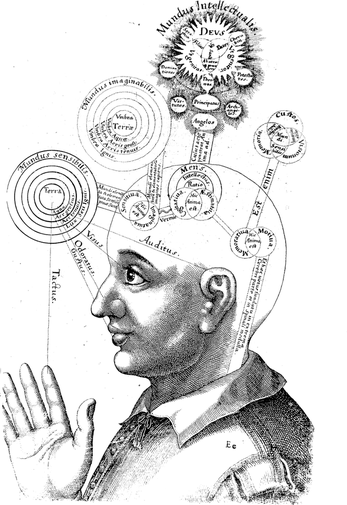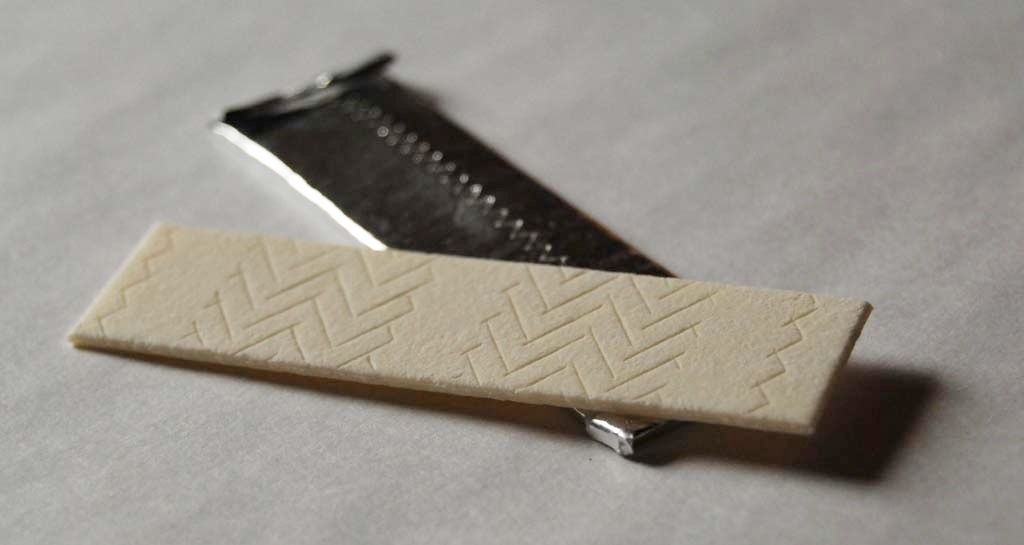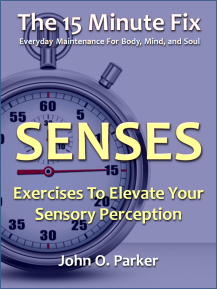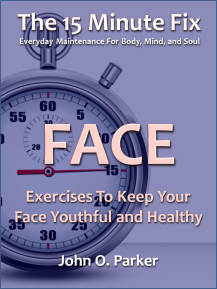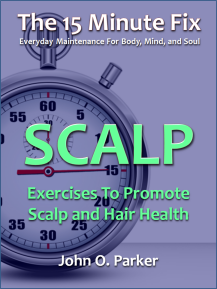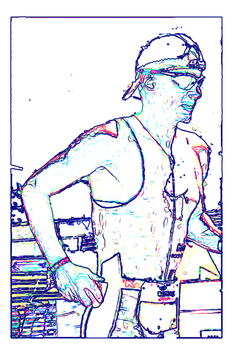
I started playing around with this a bit after reading about this study in an article in Men’s Journal. It suggests that focusing on markers along your route can make your run seem easier and actually lead to faster times. Emily Balcetis, coauthor of the study and a psychology professor at NYU, suggests that runners "Pick a landmark a few blocks ahead, like a stop sign or a tree. When you hit your target, repeat. Pick the next landmark in view."
As soon as I went out and tried this trick, it became obvious that a slight modification would turn it into a great eye exercise: I look ahead as far as I can (this sometimes depends on the contour of the road) for a branch, mailbox, sign, or anything else that is likely to have some detail when viewed up close and that my head is likely to pass within a few feet of. While it’s still distant I work on picking out details (such as writing) as soon as I can. Once I identify something, I look for something new (perhaps a crack or smaller bit of writing). Once I get in the 10-20 foot range, I try to bring all of the details into focus and hold them there. Ideally, I can pass within a couple of feet of the object - close enough to force me to adjust my near vision focus. Once I have passed it, I find a new object in the distance. I have found that I’m getting a good eye workout and that the time seems to speed by a bit quicker (I don’t think I’m actually running any faster!).
Once I figured out that neat trick, I began to play around with some other eye exercises while running. For example, trying to hold mailboxes that are on opposite sides of the street in my peripheral vision for as long as possible. Or guessing how many steps it will take me to reach a certain landmark (ie. does my perception of distance match the actual distance). Or seeing how quickly I can determine the color or shape of a car coming from behind me.
I have also played around with other sensory exercises. How long before I can pick up ten distinct scents. If I see something that I know has a scent, how far away can I smell it (farms, bakeries, coffee shops, smoking chimney, roadkill - lots of good options out there). Do the same thing with sounds. Can I identify 10 distinct sounds before I get to Chestnut St? How far away can I hear the river that’s up ahead. With touch, it’s a bit tougher, but you can try to focus on the feel of different surfaces under your feet as you run (how does a trail feel vs. the road, can you feel that crack or leaf, can you feel if a surface is smooth or rough?).
We’ll leave taste out of it for now. Nobody wants to focus on that taste in your mouth after a long run….
Remember, just by being out there exercising, you will be helping all of your senses (and your overall health). They all typically function better after exercise.
Age well my friends!

